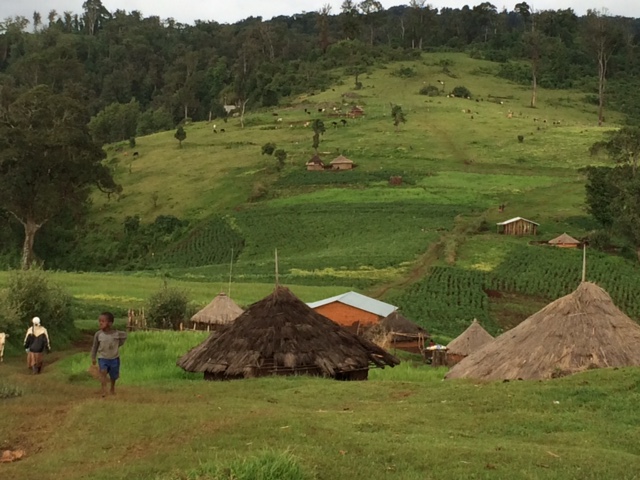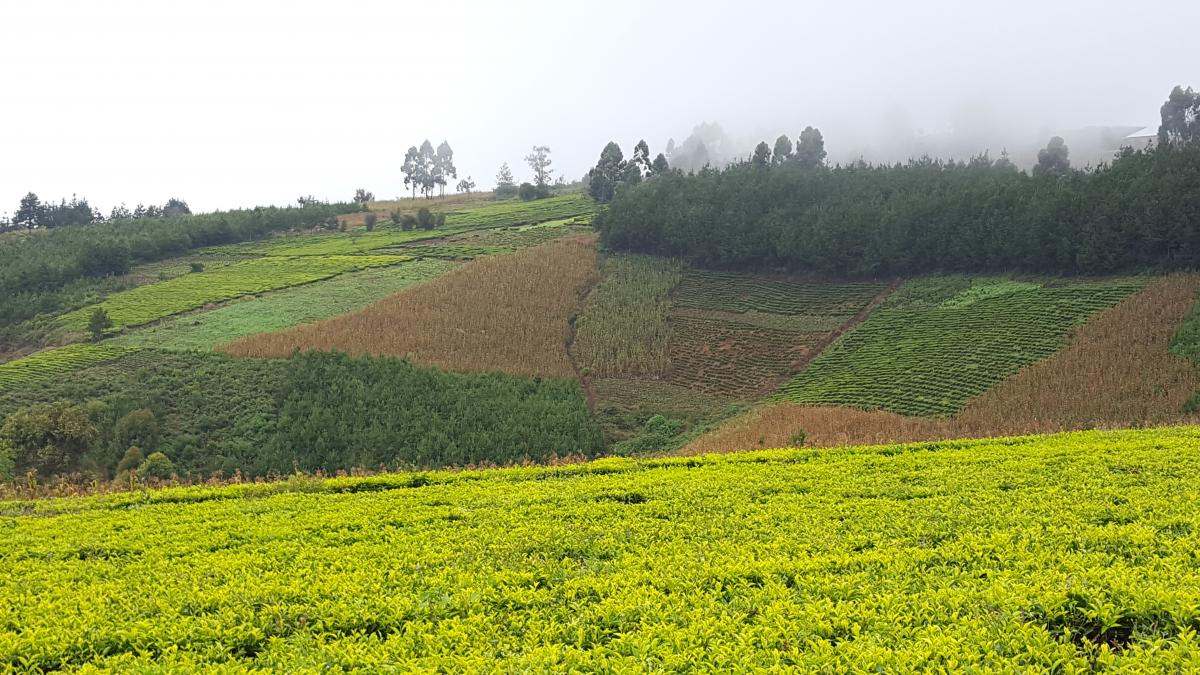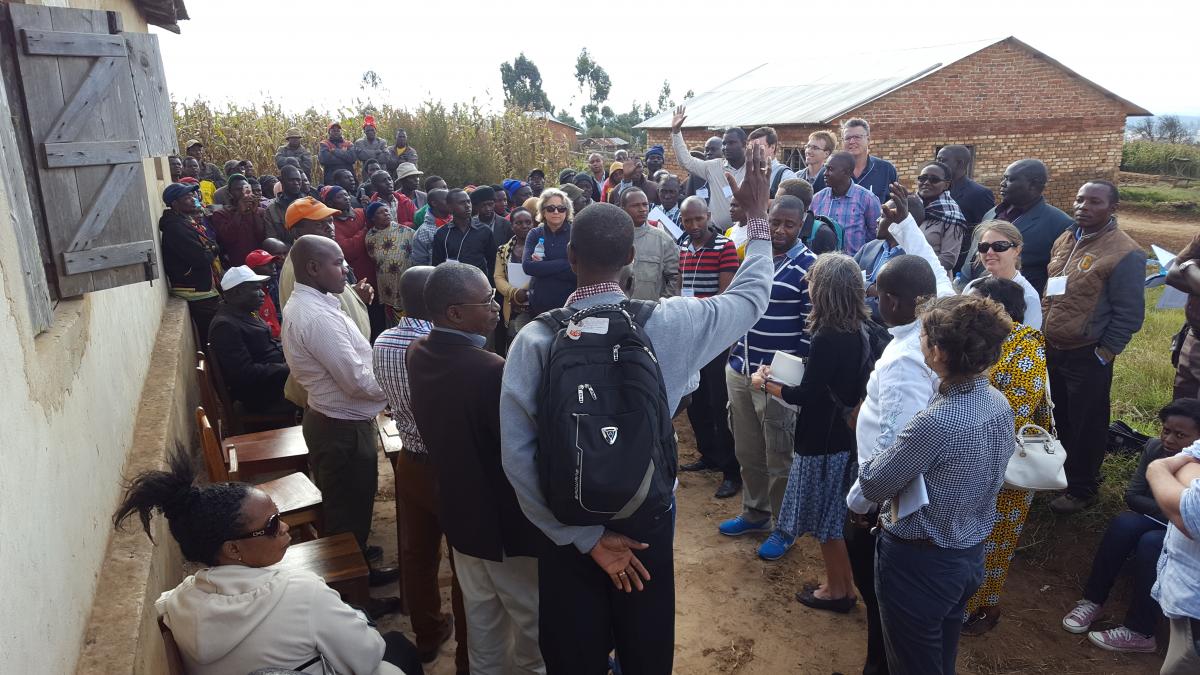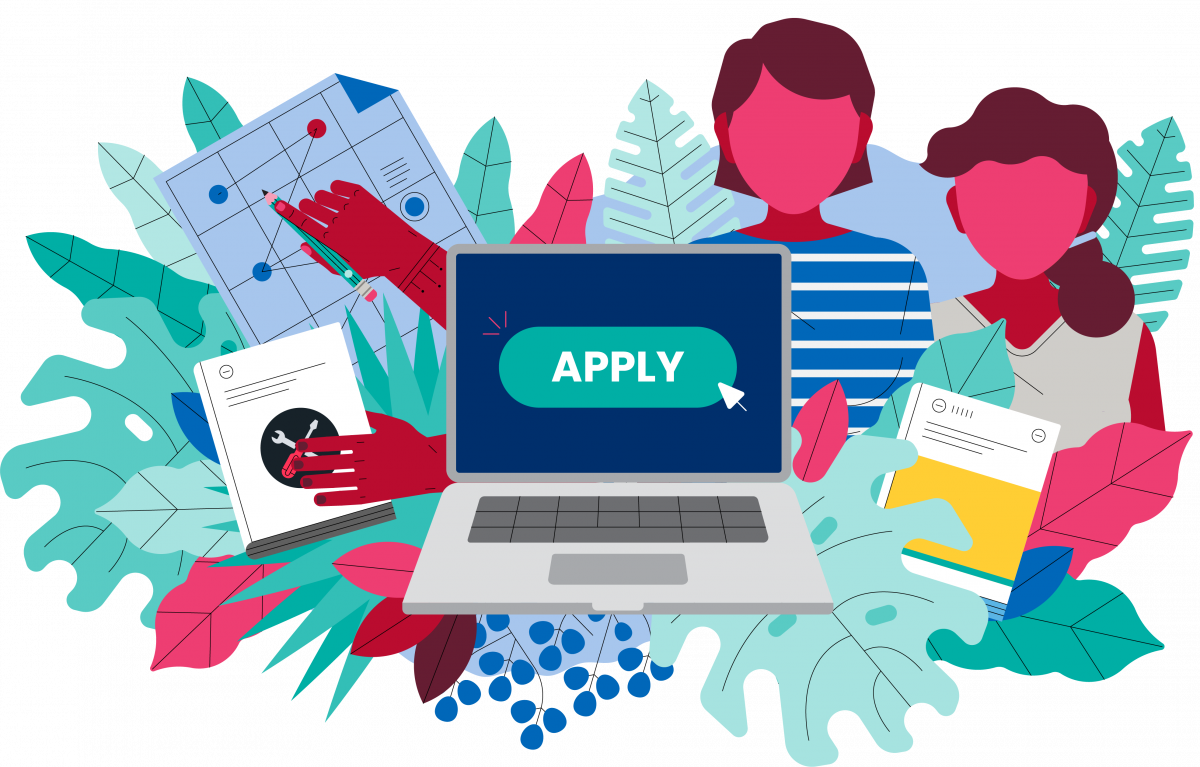Inclusivity across 4 African landscapes
Thought leaders from civil society, government and business are advancing a ‘landscape approach’ to land use and resource decision-making. Such an approach seeks to address the often-competing interests of different stakeholders across a landscape to engage in multi-sectoral, collaborative land management. Land Use Dialogues provide a way.
For some, a ‘landscape approach’ centers on national and regional participatory land use governance and management, while for others it centers on private-public partnerships. It is considered a mechanism to involve those rarely included in landscape level decision-making, such as communities, helping to facilitate solutions that include and benefit them.
Due to an observed gap in how the landscape approach concept translates to successful implementation on the ground, members of The Forests Dialogue (TFD) Steering Committee developed the Land Use Dialogue (LUD) initiative. The goal of the LUD initiative is to support multi-stakeholder platforms for collaborative, adaptive land management in select landscapes around the world. TFD leverages its 18 years of experience in dialogue to address deforestation and engage the private sector.
Partnering with IUCN in Africa
Building on the learning from LUD pilots in Brazil and Tanzania, TFD is partnering with IUCN to support dialogue platforms in key African landscapes. These efforts fall under IUCN’s Stabilizing Land Use Project in Democratic Republic of Congo, Ghana, Tanzania and Uganda. The initiative aims to enable sustainable land use governance and management by establishing multi-stakeholder decision-making platforms around key land use issues in each landscape.
The LUD model supports the establishment, or bolsters the continuation of, stakeholder-driven communication platforms central to the landscape approach. Local stakeholders from the NGO and government sectors lead the process, facilitated by IUCN, and with TFD dialogue support. The platform builds a shared understanding between local stakeholders and global partners engaging in LUD processes in their own landscapes. Together they foster a common landscape vision of how various priorities and challenges across sectors and land uses connect. Through this vision, stakeholders identify key actions and priorities – with delegated roles and responsibilities.
The goals of the Land Use Dialogue include:
-
To create a shared landscape vision among an inclusive set of landscape stakeholders;
-
To identify prioritised actions for achieving that vision, and feeding them into ongoing processes on the ground;
-
To support a landscape platform that adheres to the LUD principles: representative, neutral, transparent, accountable, locally-driven and internationally informed; and
-
To support a regional and global community of practice on implementing landscape approaches.
There could be many interpretations of a ‘landscape approach’. Inasmuch as it is inclusive of voices across a landscape working together toward a shared vision, the Land Use Dialogue process can help make this approach, a reality.
Land Use Dialogue in the Ihemi Cluster, Tanazania
Content for this web story was provided by The Forests Dialogue.






